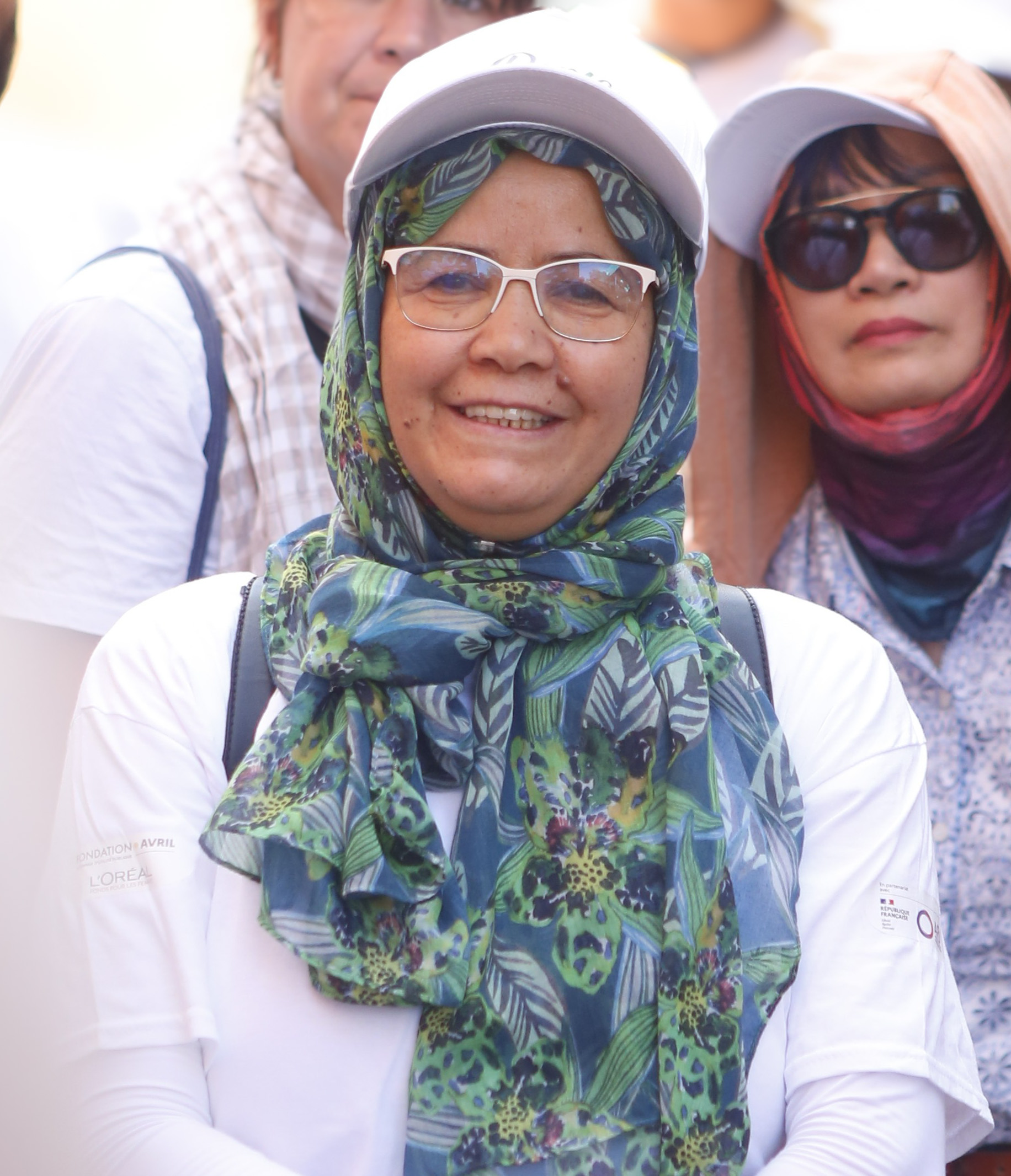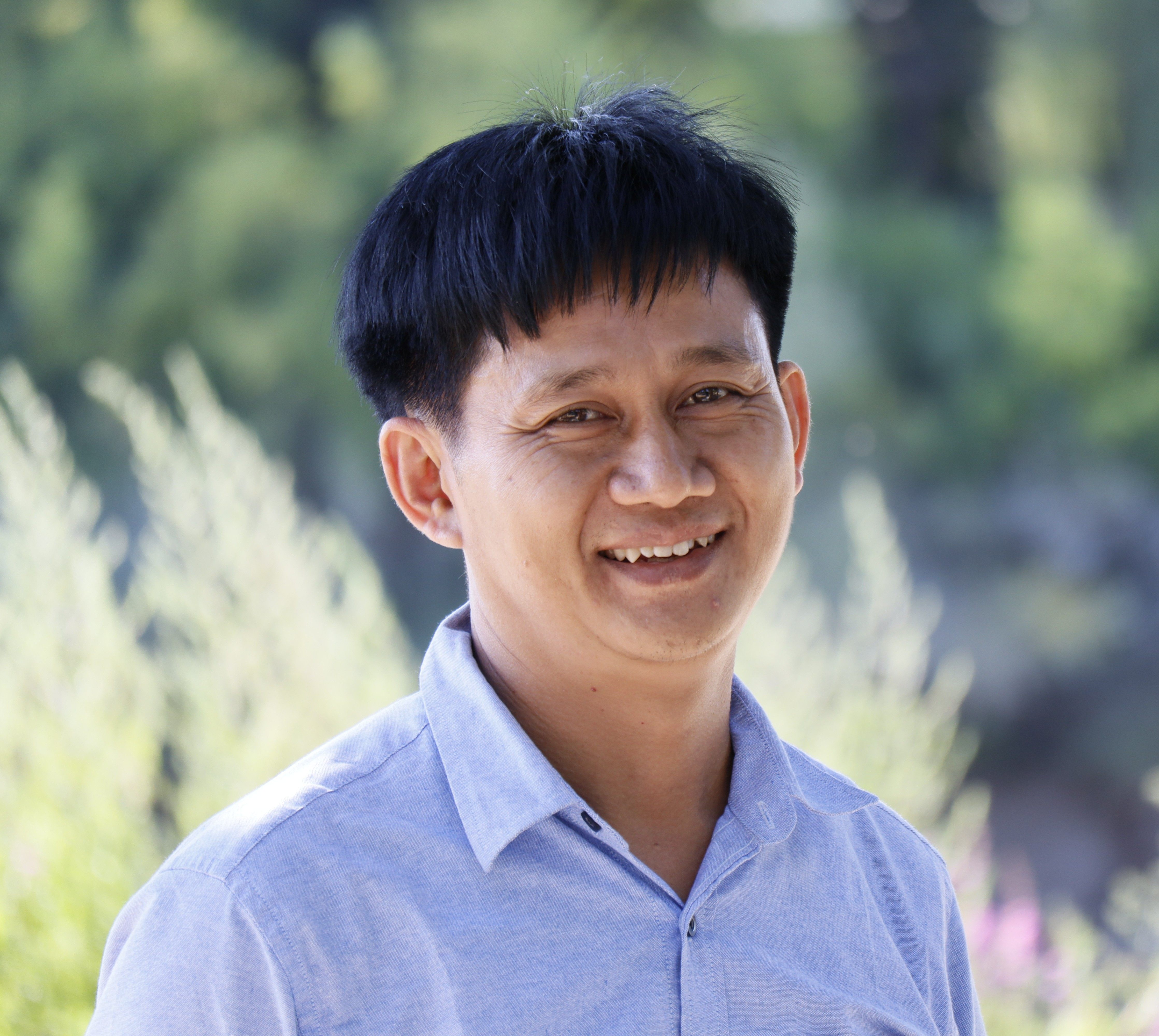-
Publié le : 08-10-2025
-
Type : Projet
At a time when the Sommet de l’élevage (Livestock Summit) is bringing together stakeholders from the agricultural world in Clermont-Ferrand, it is essential to remember the fundamental role that livestock farming plays in family farms, particularly in the countries where Agrisud carries out its activities.
Too often reduced to the excesses of intensive systems, livestock farming deserves to be reconsidered in terms of its diversity and multiple functions.
A multifunctional activity at the heart of family farming systems
In many regions, livestock farming is much more than just a source of meat or milk. It represents:
- an essential source of nutrition for rural families;
- a source of additional income, particularly through the sale of animals or processed products;
- a valuable labor force, thanks to animal traction, which is still widely used in rural areas;
- living capital, which provides families with security in the face of economic and climatic uncertainties.

A strong agroecological lever
Animals play a decisive role in agroecological systems. Among other things, they produce organic matter, which is essential for soil fertility and water retention. These ecological functions are particularly evident in the projects we are carrying out.
In Morocco, in the southern oases, we support families in developing sheep farming. This integrated model promotes local resources, strengthens the resilience of agricultural systems, and contributes to the preservation of oasis ecosystems.
« The development of sheep farming is essential for preserving oases and the communities that live there. It is a pillar of oasis agricultural systems, contributing to the economic and social resilience of families. It provides regular income, while serving a dual purpose: self-consumption and sale. It also plays a key role in soil fertility and water management by providing organic matter, which is essential for maintaining agricultural productivity in these fragile environments. »
Fatima AROUCH,
Head of Livestock Farming Activities, Agrisud Partnership / Norsys Foundation in Morocco
In Laos, we support the establishment of improved pastures for cattle farming. These practices enable better management of forage resources, reduce pressure on natural environments, and improve family incomes.
« By supporting Laotian farmers on improved pastures, we have seen tangible benefits: cattle are better fed throughout the year, their health is improving, and production is increasing. This work strengthens families' independence and sustainably enhances natural resources. »
Khamphao THONGCHANH,
Project Coordinator - Agrisud Representative in Laos
Through these examples, Agrisud International emphasizes that livestock farming, when integrated into sustainable agricultural systems, is a driver of agroecological transition, food security, and regional development.
---




